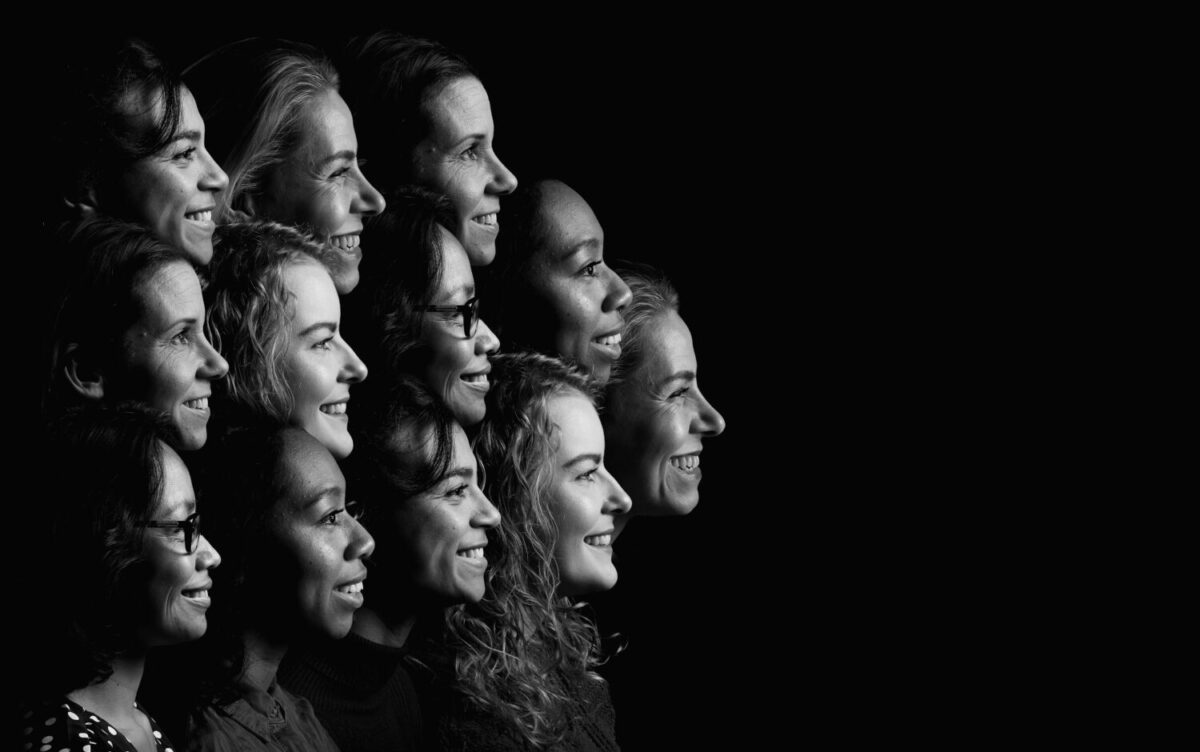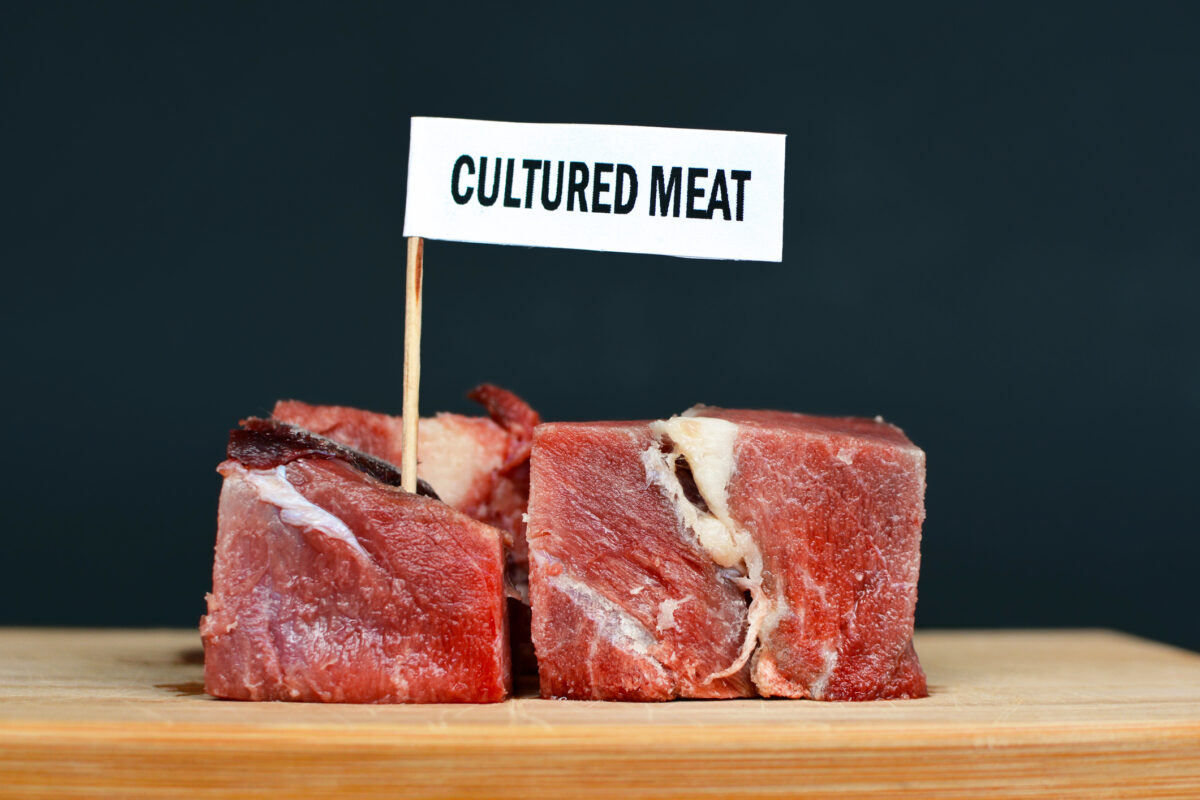Santander launches Global Challenge to support foodtech innovation with ‘lasting social and economic impact’

Banco Santander and the Oxentia Foundation are calling on food industry innovators to be part of their new Santander X Global Challenge – Food for the Future, aimed at supporting start-ups and scale-ups across 11 different countries.
The initiative hopes to address issues around the “future of food, the types of food we are eating and ensuring that there is enough food for the growing population”, according to the companies.
Santander also says the challenge aligns with the United Nations Sustainable Development Goal to end hunger, achieve food security and support sustainable agriculture.
Global Head of Entrepreneurship at Santander Universities, Diego Calascibetta said the challenge is open to businesses who can bring innovations to the food industry that will produce “long-lasting social and economic impact”.
Prospective applicants must be able to tackle at least one of three themes:
- Feed the World: ideas for this category must address food security problems which are worsening due to the growing global population and food shortages. These innovations could include new forms of alternative proteins, technologies limiting food waste and produce damage, and transforming agriculture.
- Superfood: this theme focuses on improving the health and environmental benefits of food. Innovations may include finding ways to advance development in plant-based produce, develop medicinal properties in food, and using nutrition education to improve people’s diets.
- Food Tech: finding ways to improve technology to innovate the food industry. Ideas should tackle ongoing issues such as climate change, the impact of global conflict and the COVID-19 pandemic on food production, security and childhood nutrition.
Eligible start-ups must be legally incorporated in any of the 11 countries: Germany, Poland, Portugal, Spain, the United Kingdom, United States, Mexico, Brazil, Chile, Argentina, or Uruguay. The businesses’ annual income must be no more than $300,000 with $100,000 to $1 million capital raised, or they must have fewer than 25 employees.
Scale-ups must have been based in one of the mentioned participating countries for at least two years, upon application. They must also have an annual income of more than $300,000, more than $1M capital raised, or at least 25 employees.
In total, €120,000 will be split among the six winners. The three winning start-ups will be given €10,000 each, while the three winning scale-ups will be awarded €30,000 each.
Beyond the prize money, the winners will also be able to access the Santander X 100 – a global entrepreneur community which offers a range of resources including mentoring, training, capital, customers, talent and networking opportunities.
Some 20 finalists will be selected by entrepreneurship and innovation experts and selected start-ups and scale-ups will then pitch their ideas at the beginning of December to a jury of entrepreneurship, investment, innovation experts and bank executives.
Calascibetta concluded in a virtual statement: “We are thrilled to be supporting the most promising start-ups and scale-ups, and we are sure that the Santander X Global Challenge Food for the Future will help us identify the best solutions to help people and businesses prosper.”
Applications for the Santander X Global Challenge – Food for the Future can be made through the organisation’s website.








